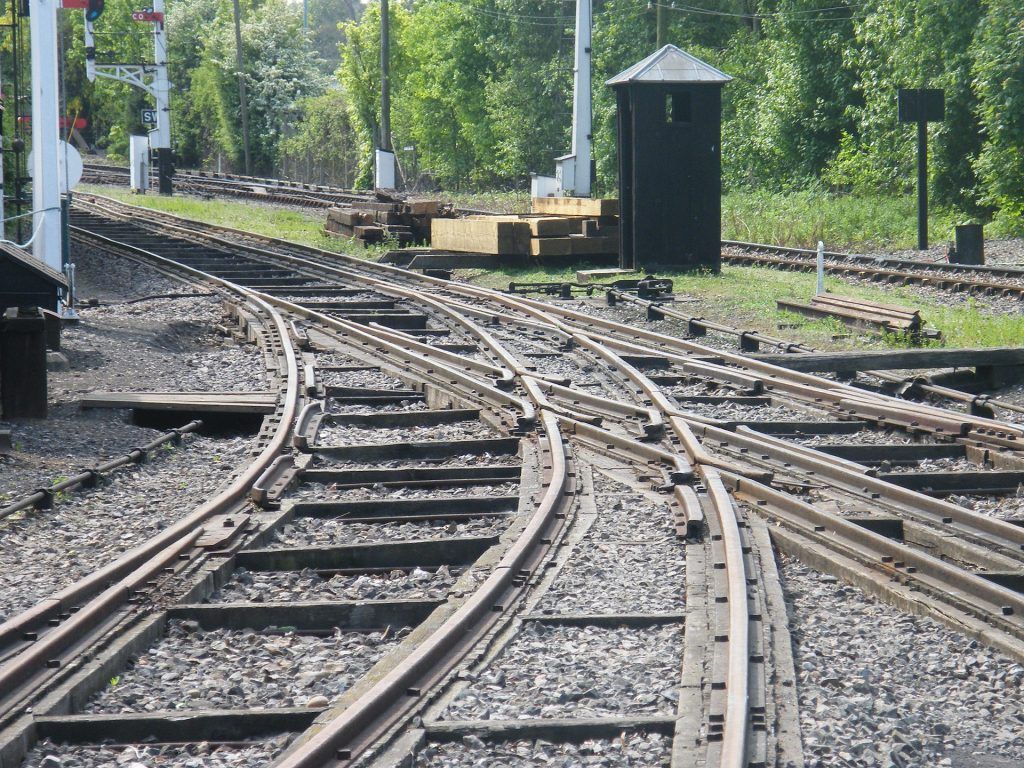A study published by the European Commission and the European Investment Bank today suggests that the European track gauge on lines to Lviv and Chiṣinău should be deployed as a first step to improving connections between Poland and Ukraine, and between Romania and Moldova.
Since Russia’s invasion of Ukraine, the country’s land transport connections with the EU have become essential for Ukrainian imports and exports. The EU-Ukraine Solidarity Lanes have been created to strengthen the cross-border connections. The study published today is part of the Solidarity Lanes action plan. It analysed the barriers remaining, including the difference of the rail gauge used in most of the EU versus the one used in Eastern Europe.
Commissioner for Transport Adina Vălean said: “By building the first EU rail gauge in Ukraine and Moldova, linking their railways with Poland and Romania, will bring them closer to the EU single market. With this study, we are setting the scene for long-term solutions, supporting Ukraine in its post-war trade and reconstruction. Ensuring interoperability from Poland through Ukraine, Moldova and Romania will also mean a smoother, more efficient travel experience for citizens.”
EIB Vice-President Teresa Czerwińska, who is responsible for bank’s operations in Ukraine and Moldova, said: “Extending the standard gauge of the European railway network to Ukraine and Moldova will facilitate the movement of goods and services, helping the two countries to integrate more quickly into the EU market and accelerating Ukraine’s post-war recovery. Developing modern transport links is a way for us to foster the region’s economic growth and provide steadfast support to Ukraine and Moldova on their paths to EU integration.”
Taking into account likely costs, expected demand and line capacity considerations, the study suggests as a first step to establish a European track gauge connection from Kraków/Katowice (Poland) to Lviv (Ukraine), as well as from Iasi (Romania) to Chisinău (Moldova). Further extensions are also suggested. The study also assesses the way in which the new standard gauge lines in Ukraine and Moldova would work with the network elsewhere in these countries, which will continue to use broad gauge.
The EIB technical advisory service JASPERS carried out the study, in close cooperation with all countries concerned.





